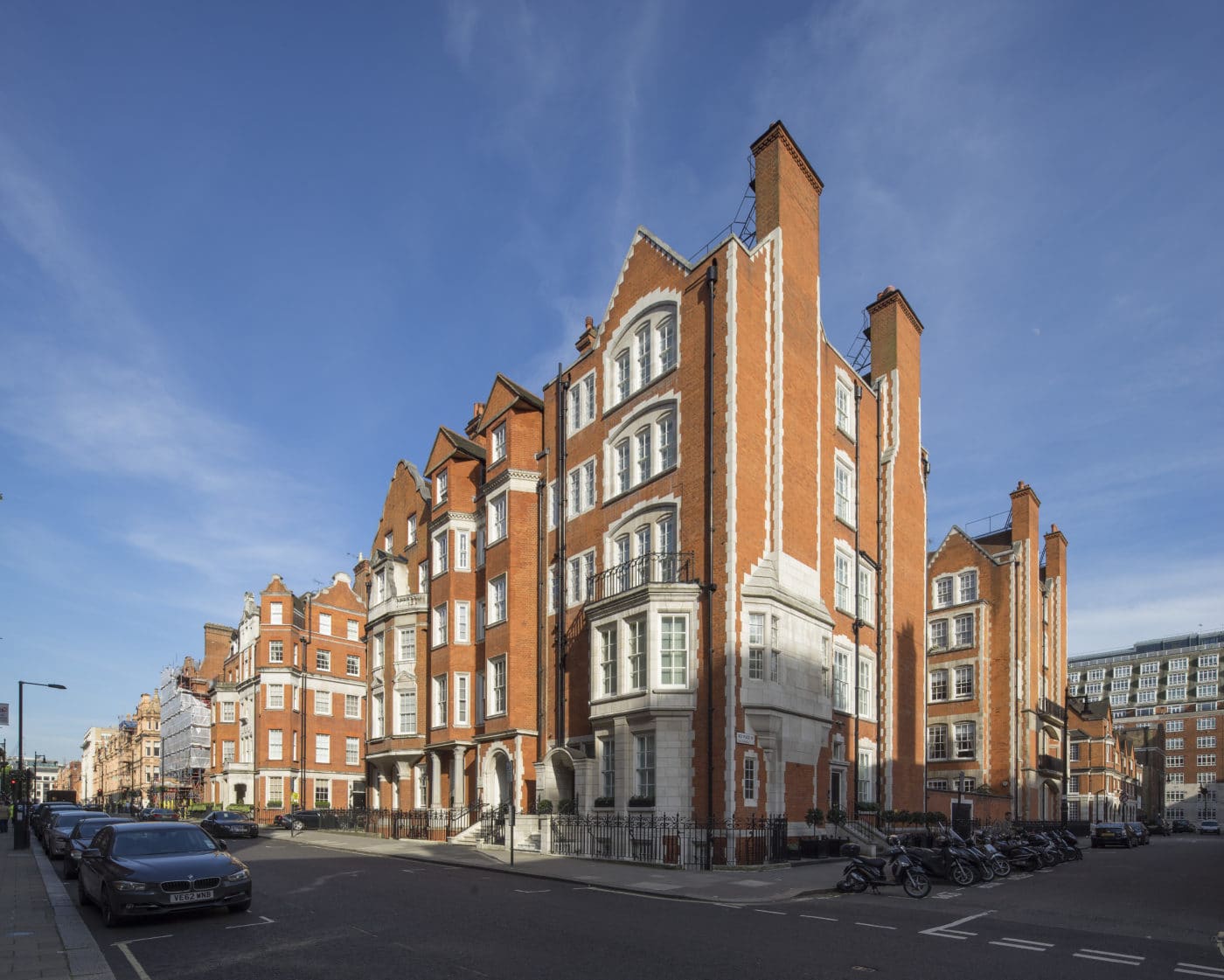There has been a major boom in the UK real estate market recently. According to the Halifax House Price Index, house prices have seen 9.5% annual growth since May 2021.
However, since the beginning of July it seems to have fallen slightly – the first since January – with inflation falling to 8.8%.
So, does this mark the end of the fastest period of British market growth since early 2018? It’s hard to say. Here are some perspectives on the current situation.
The Stamp Tax Holiday
One significant factor in the recent market soak is the end of the stamp duty holiday.
This freeze was introduced as a potential countermeasure to the COVID-19 market, giving a boost to those potential buyers whose finances were depleted by the pandemic.
However, it has been announced that as of July 1, 2021, the tax holiday will end and disappear completely by October 1, 2021.
Naturally, this has sparked some race to save money on real estate purchases before fall, which is likely to explain the slight decline.
Low Deposit Mortgages
With house prices rising recently, it seemed almost inevitable that first-time buyers with lower budgets will be among the hardest hit.
To address this, many lenders have begun to provide mortgages with few deposits, with many banks offering rates of 95% or even higher.
Although this has undoubtedly encouraged sales, the caveat is that buyers can only borrow amounts that fall below the lending limit introduced in 2014 to reduce domestic debt after the 2008 financial crisis.
“Borrowing at this level almost always requires significantly high income and other strict conditions so that the security of the lender is adequately protected,” commented Ruban Selvanayagam on the national We Buy Some House Company Property Solvents.
This means that there is a very tight window in which house hunters must enter in order to make a purchase.
High Demand
As a result of leaving and working from home, many homeowners have reassessed their property requirements. For example, more people than ever are looking for homes with larger rooms, possible office spaces and outdoor areas to more easily coexist among members of the same household and share a workplace enough for long days at home.
This has influenced a significant increase in demand after the outbreak of the pandemic, while supply remains relatively low. In such cases, prices inevitably rise.
So, How Long Will It Last?
Former Bank of England economist Andy Haldane cites the imbalance between supply and demand as a key factor that will continue to drive up prices.
A spokesman for SPI Capital’s real estate consultancy suggested that because there has been no real rise in interest rates, sellers remain hesitant to put their assets on the market – resulting in further depletion of supply.
However, it is possible that with a huge percentage of the British population now vaccinated, homeowners will feel more confident selling their property thanks to the perceived lower risk.
Many who are eager to sell their properties as quickly as possible after the country’s recent “reopening” may decide to use fast home selling services, enabling them to sell their home for cash in just 7 days and reach up to 75% of its market value.
Despite the above-mentioned factors, it is worth noting that due to the dizzying heights to which the housing market has now climbed, there is a greater risk of a sudden crash influenced by external factors such as a national or global recession.
In addition, the significant decrease in household income as a result of the pandemic is likely to have an effective impact on the market.
These elements make the future of British property unpredictable, despite measures taken to keep it as healthy as possible.
Stay tuned to Feeta Blog to learn more about architecture, Lifestyle and Interior Design.



